Question And Answer
Publications
Articles, publications, books, tools and multimedia features from the U.S. Institute of Peace provide the latest news, analysis, research findings, practitioner guides and reports, all related to the conflict zones and issues that are at the center of the Institute’s work to prevent and reduce violent conflict.
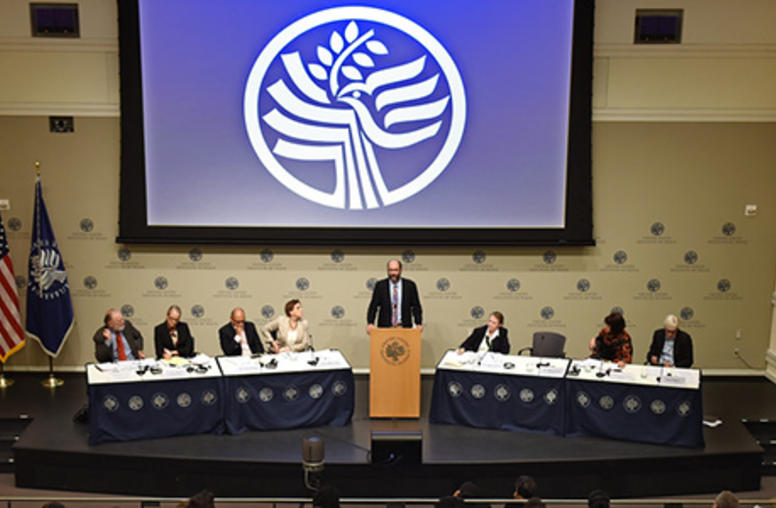
Colombia Considers War and Memory
A breakthrough in peace talks last month between Colombia’s government and the country’s biggest guerrilla group cements the role of victims in the process and has been hailed as a possible model for resolving conflicts elsewhere. Yet after 50 years of violence, a political accord on how to deal with the millions victimized by the war is just the first step. Hardened, bitter memories will risk rekindling conflict. Colombian peacebuilders say the way forward depends on an effective justice sys...
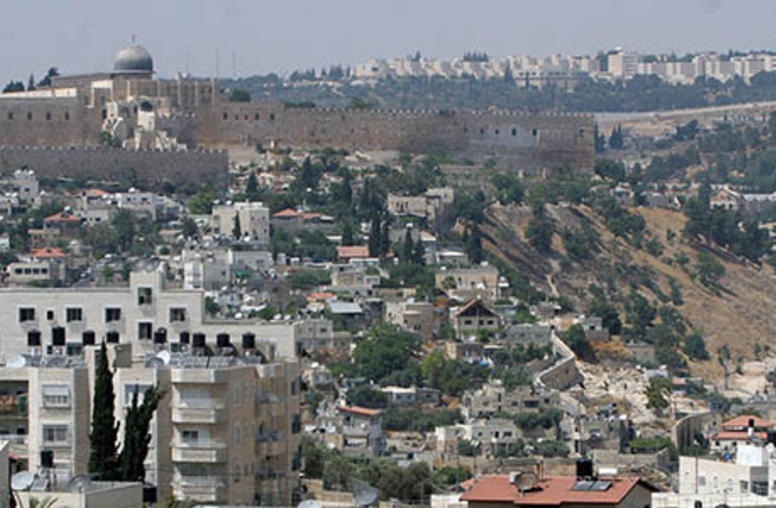
Can Anything Save the Israeli-Palestinian Peace Process?
As the decades-long struggle threatens to boil over, there are four concrete steps the international community can take to help the peace along.
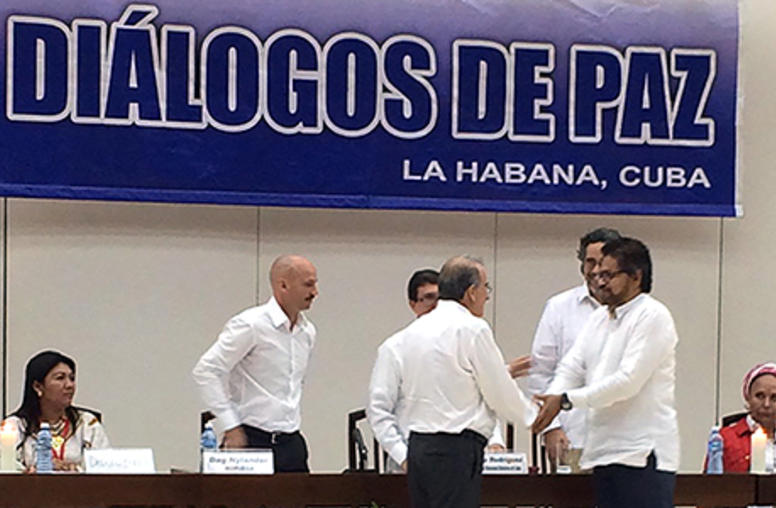
Q&A: Colombia, Guerrillas Reach Accord on Rights for Victims of War
Making a peace deal that accommodates the needs of the millions of civilians hurt by Colombia’s 50-year-old conflict has challenged negotiators since talks between the government and the nation’s largest guerrilla group began three years ago. This week, negotiators announced an agreement on victims, completing the fourth item on a six-point agenda that’s aimed at ending hostilities. USIP’s Virginia Bouvier, who was in Havana for the declaration on victims, said the latest accord is another hi...
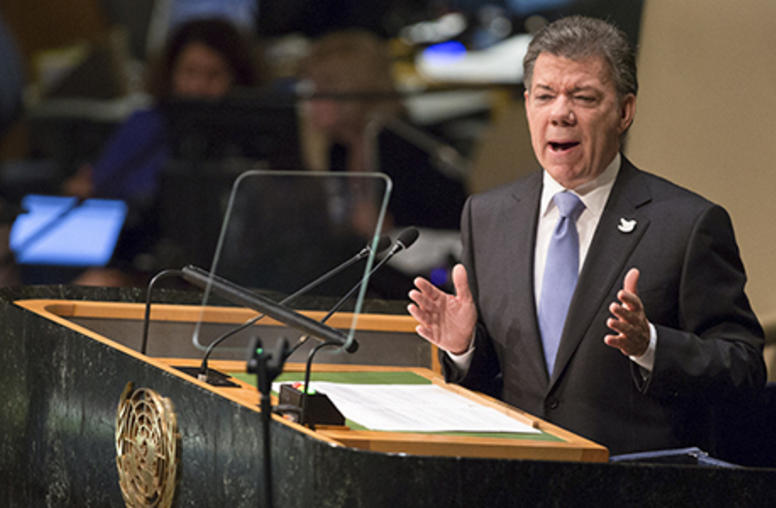
Q&A: Colombia’s President Santos in Washington
Colombian President Juan Manuel Santos meets President Barack Obama on Feb. 4 in Washington to commemorate the 15th anniversary of “Plan Colombia,” a U.S.-led effort that has provided about $10 billion to help the South American country’s security forces fight leftist guerrillas and drug traffickers. Virginia Bouvier, a senior advisor for peace processes at the U.S. Institute of Peace, who has led the Institute’s work on Colombia for the past decade, talks about Santos’s visit and the fast-mo...
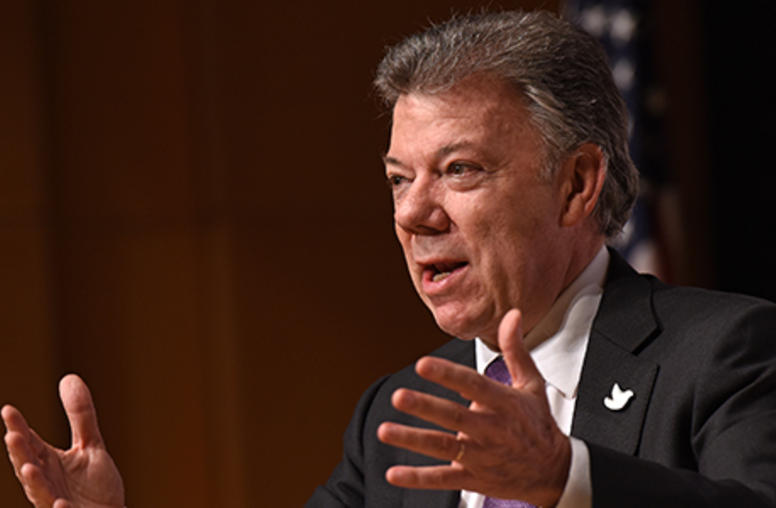
Colombian President Says 51-Year War May End Next Month
Colombian President Juan Manuel Santos said his government and the country’s biggest guerrilla group likely will be able to sign a final peace accord close to their self-imposed deadline of March 23, ending more than half a century of internal conflict. Speaking today in Washington at an event co-hosted by the U.S. Institute of Peace, Santos said his government will return to the ongoing negotiations in Havana with new procedures aimed at expediting the final phase.
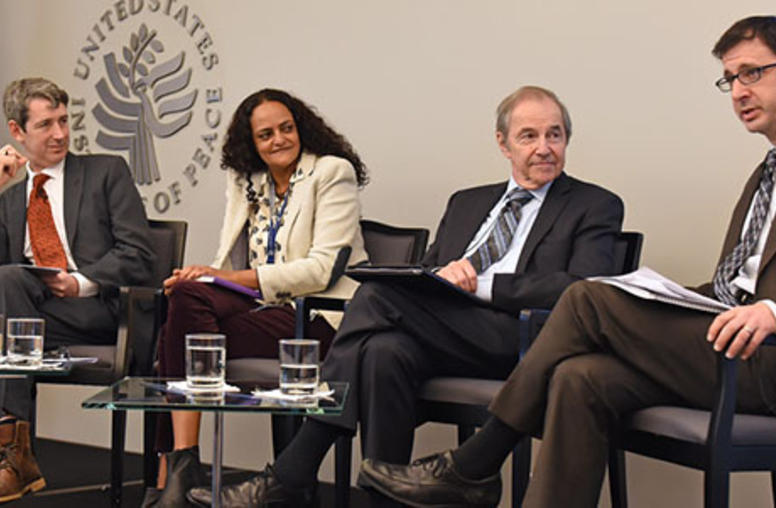
Patronage and Peace in the Horn of Africa
Peacebuilders in the Horn of Africa and across the larger Middle East are likely to get better outcomes with a greater understanding of the region’s “political marketplace,” where loyalties based on financial and economic means seem to create more stability than classic institution-building, according to Alex de Waal, executive director of the World Peace Foundation and a professor at Tufts University. But rather than succumbing to illegitimate patronage, some experts say the answer may lie i...
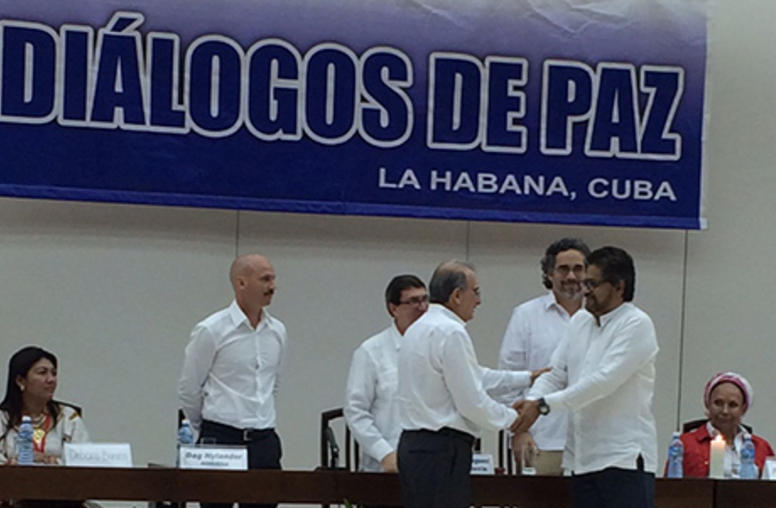
Q&A: Colombia Cease-Fire Accord Marks Historic Turn
More than a half-century of internal warfare in Colombia is on the brink of a peaceful resolution after four years of talks that suggest how other seemingly intractable conflicts in the world also might be brought to an end. With the announcement yesterday of a ceasefire between the government and the Revolutionary Armed Forces of Colombia (FARC-EP), the adversaries in one of the world’s oldest guerilla insurgencies disclosed new agreements on the two major issues that were holding up a final...
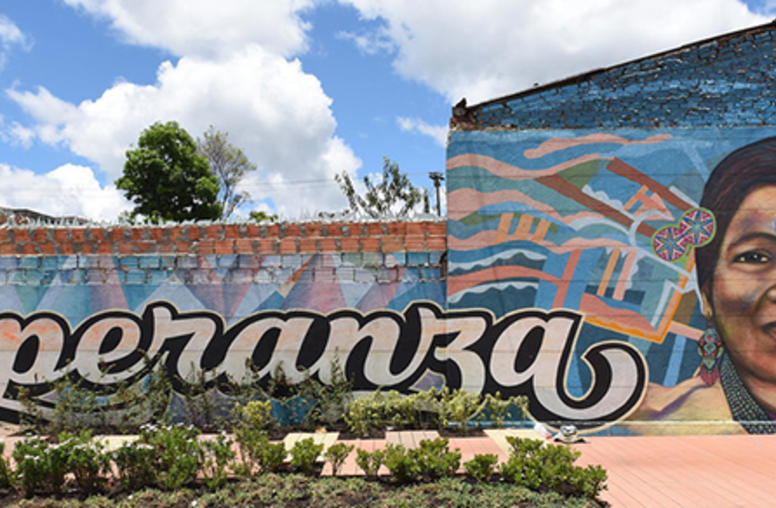
Q&A: Colombia Peace Deal Announced — What’s Next?
After 52 years of armed conflict, the Colombian government and the country’s oldest rebel group, the Revolutionary Armed Forces of Colombia (FARC-EP), announced a final agreement last night aimed at ending one of the world’s longest-lasting insurgencies. The U.S. Institute of Peace’s Virginia M. “Ginny” Bouvier, who has studied the peace process from the outset and advised Colombian government officials, civil society and others promoting a political solution to the conflict, comments on the ...
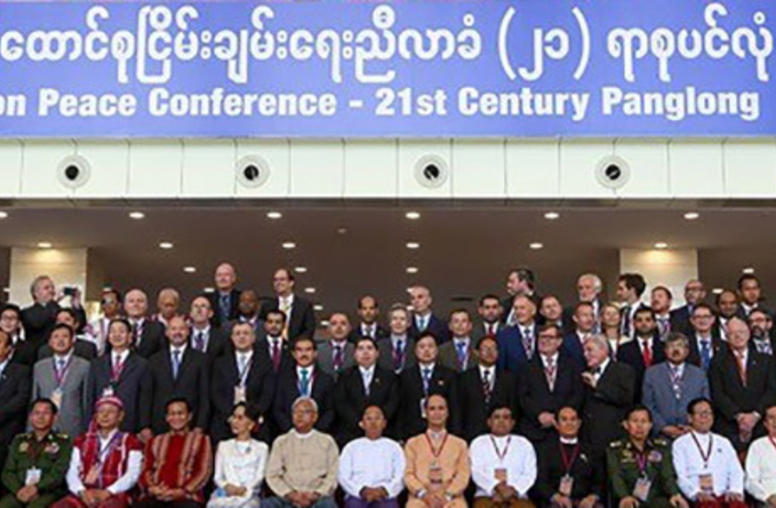
Q&A: Myanmar’s Peace Process, Suu Kyi Style
Four days of talks last week restarted Myanmar’s peace process almost a year after a Nationwide Ceasefire Agreement was signed by some but not all of the country’s armed groups. The process, known as the 21st Century Panglong Conference, or Union Peace Conference, is intended to convene every six months and aims to end the decades-long conflicts between and among the Myanmar army and an array of rebel groups. Vanessa Johanson, the Myanmar country director for the U.S. Institute of Peace, exam...
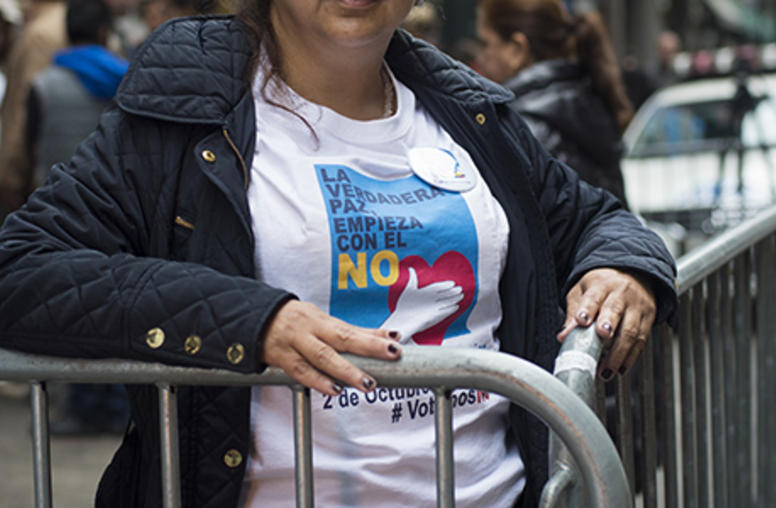
Q&A: Colombians Narrowly Reject Peace Deal
Colombian voters yesterday defied projections by pollsters and rejected a peace accord that their government had negotiated during four years of talks with the Revolutionary Armed Forces of Colombia (FARC-EP). The agreement was intended to end more than a half century of violent conflict that has left well over 220,000 dead and close to 8 million victims, including more than 6 million people forcibly displaced. USIP’s Senior Advisor for Peace Processes Virginia M. Bouvier explains why voters ...